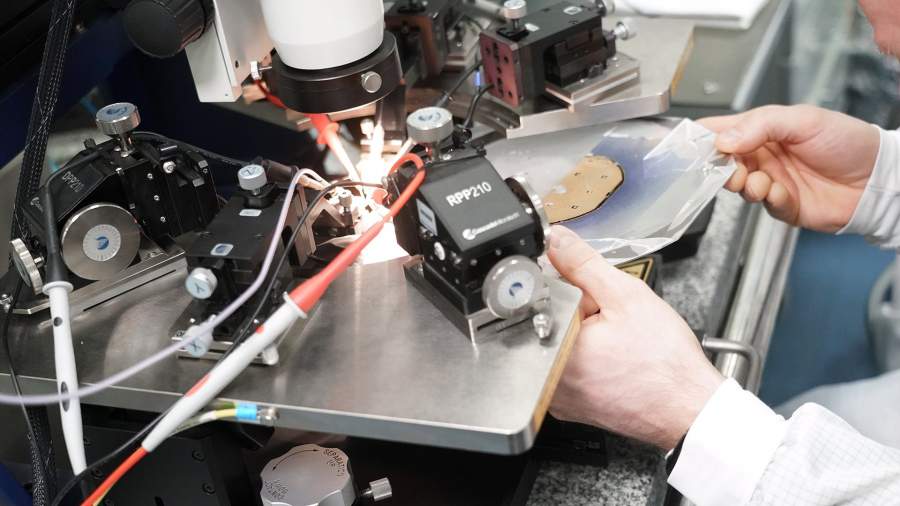
Chinese authorities continue to clamp down on Apple .
By Rhod Mackenzie
A growing number of Chinese organisations and state-backed companies across the country are banning employees from bringing iPhones and other foreign devices to work, Bloomberg reports. This unprecedented ban could reduce the market share of Apple Inc. and Samsung Electronics Co. in the world's biggest mobile market.
Several state-owned enterprises and government departments in at least eight provinces, including the affluent coastal regions, have ordered employees to switch to local brands in the past month or two, according to people familiar with the matter. This is a significant change from September, when a small number of agencies in Beijing and Tianjin began asking employees to leave foreign devices at home, Bloomberg reported, citing its sources.
The much broader and more coordinated ban signals a sharp acceleration in Beijing's campaign to divest from US technology amid the resurgent popularity of home-grown technologies from companies such as Huawei Technologies Co. The Chinese President Xi Jinping decided this year to extend the ban on foreign equipment beyond the most sensitive departments, a policy that has been in place for years.
Apple shares fell to a session low after Bloomberg reported that the ban would be extended. Its shares fell nearly 1% to $197.57 at the close of trading in New York on Friday and then continued to fall in after-hours trading. Apple's share price hit a record high earlier this week.
Although Chinese software and hardware has gradually replaced American products over the years - from Microsoft Corp. to Dell computers and Intel Corp. chips. - the new ban threatens to deal a swift and direct blow to Apple's position.
Small businesses and government offices in smaller Chinese cities issued their own verbal directives to ban the devices this month, signalling a much broader campaign is underway, Bloomberg sources said. The news came from cities in at least eight provinces, from wealthy Zhejiang, Guangdong, Jiangsu and Anhui to northern Shanxi, Shandong, Liaoning and central Hebei, home to the world's biggest iPhone factories.
